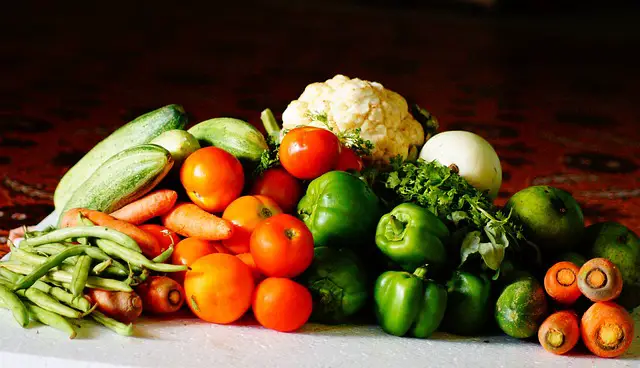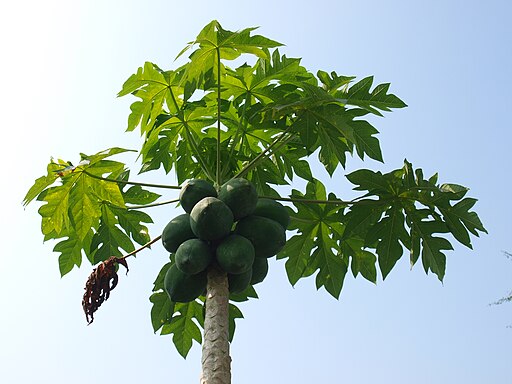Natural products are derived from natural sources, while organic products meet specific farming and processing standards without synthetic chemicals.
TL;DR Natural products Vs. Organic products
Natural products refer to those that are derived from nature, such as plants, minerals, or animals. These ingredients may undergo minimal processing but can still contain synthetic additives.
Organic products go a step further by adhering to strict regulations set by certifying bodies. They must be produced without the use of synthetic pesticides, GMOs (genetically modified organisms), antibiotics, or hormones.
What are natural products?

Natural products are items that are derived from nature. These can include ingredients like plants, minerals, or even animal byproducts. Natural products are often touted as being free from synthetic chemicals and additives.
One of the key characteristics of natural products is their minimal processing. Unlike their artificially created counterparts, natural products undergo less manufacturing and manipulation. This means they retain more of their original properties and nutrients.
Natural skincare and beauty products have gained popularity in recent years as people seek out alternatives to traditional cosmetics that may contain potentially harmful chemicals. From facial cleansers made with botanical extracts to hair care treatments infused with essential oils, there’s a wide variety of natural options available on the market.
In addition to personal care items, you can also find a range of natural household cleaning products. These cleaners utilize plant-based ingredients like vinegar or lemon juice instead of harsh chemical substances commonly found in conventional cleaners.
What are organic products?

Organic products are those that have been grown or produced without the use of synthetic chemicals, pesticides, fertilizers, or genetically modified organisms (GMOs). Instead, these products rely on natural methods and techniques to maintain soil fertility and control pests.
One key aspect of organic farming is the use of compost and other natural fertilizers to nourish the soil. This helps promote healthy plant growth and maintains a balanced ecosystem. In addition, organic farmers often employ practices such as crop rotation and cover cropping to enhance soil quality and minimize pest infestations.
When it comes to animal-based products like meat, dairy, or eggs, organic certification ensures that animals are raised in humane conditions with access to pasture for grazing. They are also fed organic feed free from antibiotics or hormones.
By choosing organic products, consumers can support sustainable agriculture practices that prioritize environmental conservation and animal welfare. Additionally, many people believe that consuming organic foods may offer health benefits due to their lack of chemical residues.
Natural products Vs. Organic products – Key differences
| Aspect | Natural Products | Organic Products |
|---|---|---|
| Source | Derived from natural sources, but may not be regulated or certified. | Derived from organically grown ingredients, adhering to strict organic standards and certifications. |
| Certification | Not necessarily certified; the term "natural" is not regulated. | Requires certification from an authorized body, ensuring compliance with organic farming and processing standards. |
| Farming Practices | Farming practices may vary, including the use of synthetic pesticides or fertilizers. | Follows organic farming practices, avoiding synthetic chemicals, genetically modified organisms (GMOs), and focusing on sustainable and environmentally friendly methods. |
| Labeling | Natural" is a broad term and does not guarantee specific production methods. | Organic" labeling indicates adherence to defined organic standards, providing consumers with assurance of the product's farming and processing practices. |
| Chemicals | May contain some synthetic chemicals or additives. | Strictly limits or prohibits the use of synthetic chemicals, pesticides, and fertilizers during cultivation and production. |
| Environmental Impact | May or may not prioritize environmentally friendly practices. | Emphasizes sustainability, soil health, and reduced environmental impact through organic farming practices. |
| Price | Can vary widely, may be more affordable than organic products. | Generally, organic products are priced higher due to the cost of adhering to organic standards and certifications. |
Image Credits
Featured Image By – Katarzyna Kamila Kluczyk, CC BY-SA 3.0, via Wikimedia Commons
Image 1 By – Imran from Pixabay
Image 2 By – mcstudio79 from Pixabay









